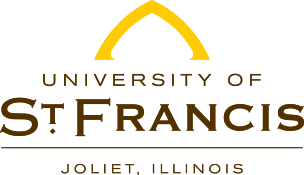Before contacting your international advisor, please take some time to explore our frequently asked questions, and the CPT and OPT student checklists to ensure you are eligible to apply for on-campus or off-campus employment, CPT or OPT.
As an international student, you are allowed to work up to 20 hours a week on campus. To work, you will need a social security number and a bank account. For those, reach out to the International Student Services Office for guidance.
Curriculum Practical Training (CPT) is the opportunity to do an internship during your time at the university. It allows you to get some credit and work experience during your years at the university and can be beneficial, though not required. You can talk to both your academic advisor and international advisor to start the process or for more information.
Optional Practical Training (OPT) is an opportunity for you to work a year in the U.S. after graduation in the field of your study. It is relatively easy to apply since the process can be done online. Talk to your international advisor and they will easily guide you through it. Once you apply and pay the fee to the U.S. Citizenship & Immigration Services (USCIS), you will be able to follow your case and see if the government accepts your application.
Once they do, they will send you your Employment Authorization Document (EAD) card and you will officially be legally authorized to work in the U.S. for a year! As a side note, start looking for a job early—even before applying for your card—this process may take a long time. Processing times vary.
To start, all students must fill out Form 8843.
Who must file Form 8843? All nonresident aliens present in the U.S. under F-1 nonimmigrant status must file Form 8843 “Statement for Exempt Individuals and Individuals With a Medical Condition”—even if they received NO income during the tax filing calendar year (January-December of previous year).
If you get a job on campus or have CPT/OPT, you must file Form 8843 AND Form 1040 NR. Make sure to check if your country of residence has any treaty with the U.S. that could exempt you from taxes if your income is less than a certain amount. Also, as an international student, you can’t claim Form 1098-T, which is your tuition statement.
Filing your taxes doesn’t mean paying taxes. You can use Sprintax or hire an accountant, but make sure they understand that you are an F1 student. Also note—as an international student, you can’t use Turbotax. It will file your taxes wrong and will treat you as an American student, which could be an issue for you in the future if you want to apply for any kind of VISA. Making a mistake on your taxes is not the end of the world but you need to be attentive to it.

